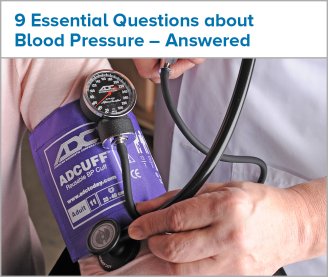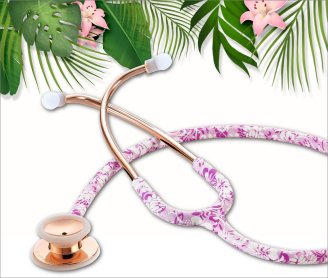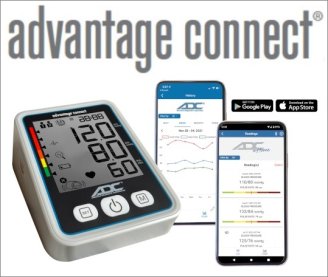- Products
- New Products
- Featured Products
- Color and Print Themes
- Blood Pressure Measurement
- NIBP / Vital Sign Monitors
- Digital Aneroid Sphygmomanometers
- Palm Aneroid Sphygmomanometers
- Pocket Aneroid Sphygmomanometers
- Pro's Combo Sphygmomanometers
- Multicuff Sphygmomanometers
- Clock Aneroid Sphygmomanometers
- Mercury Sphygmomanometers
- Home Blood Pressure Measurement
- Adcuff +
- Gauges
- Bulb & Valves
- Disposable Cuffs
- Reusable Cuffs & Bladders
- Sphygmomanometer Accessories
- Sphygmomanometer Parts
- Caseware
- CPR / Airway
- EENT
- Instruments & Accessories
- Laryngoscopes
- Penlights
- Pulse Oximeters
- Stethoscopes
- Thermometry
- Vital Signs Monitors
- Solutions
- About ADC
- Learning Center
- Support
- Blog
- Contact
Cardiovascular Checklist Now Includes Guidelines for Healthy Sleep

Written By:
Carole Vande Velde / Director of Marketing
Posted On:
February 21, 2023
The American Heart Association’s cardiovascular health checklist now includes guidelines for healthy sleep. It’s based on new research suggesting people who get the recommended 7-9 hours of sleep per night tend to manage other health factors more effectively. Better cardiovascular health helps lower the risk for heart disease, stroke, and other major health problems.
According to AHA’s “How to Get Healthy Sleep Fact Sheet,” benefits from good, quality sleep include:
- Improved mood and energy
- Better brain function, including decision-making and problem-solving
- A stronger immune system
- A reduced risk of chronic disease
The fact sheet is part of AHA’s Life’s Essential 8 checklist, which focuses on health behaviors and health factors for improving and maintaining cardiovascular health. Other topics include quitting tobacco, managing blood pressure, and managing blood sugar. A companion resource, called My Life Check, offers an online tool to assess your own heart health and better understand your overall risk for heart disease and stroke.
For healthcare professionals, getting adequate sleep can be easier said than done. But the AHA's easy-to-implement tips around sleep hygiene are definitely worth trying:
- Set a bedtime alarm to remind you that it’s time to settle in for the night.
- If you’re online right before bedtime, dim your screen or use a red filter app. The brighter blue light from devices can affect your circadian rhythm.
- If you have trouble putting your phone away at bedtime, install an app that blocks the most tempting social media or gaming sites.
- And to prevent overnight surfing or other interruptions, put your device on do not disturb and charge it as far away from your bed as possible.
Learn more about the Essential 8 checklist, American Heart Month, and year-round ideas for taking charge of your heart health at www.heart.org.



